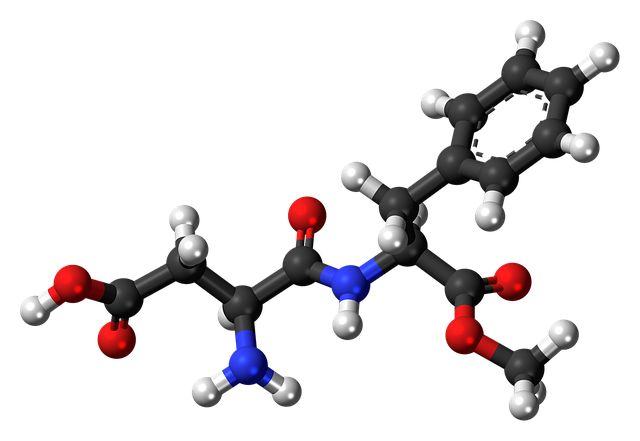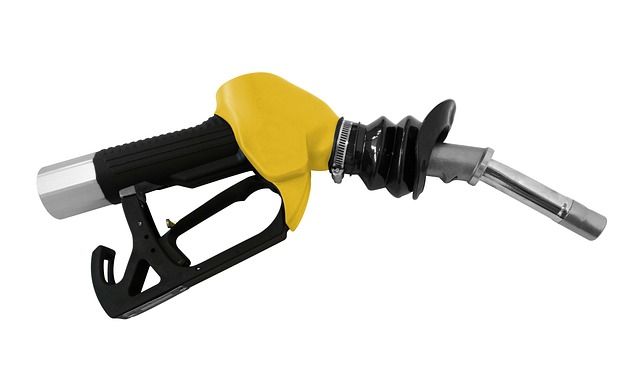Cognitive-behavioral therapy (CBT) is an effective, evidence-based approach that targets the interconnectedness of thoughts, feelings, and behaviors, empowering individuals to reframe negative thinking patterns for lasting mental health improvements. Integrating holistic wellness practices like yoga, meditation, and nutrition with treatments like withdrawal management medications and trauma-informed care enhances CBT's benefits, supporting deep healing and sustained recovery. Staying motivated in long-term sobriety is achieved through tailored programs combining trauma-informed care, mindfulness techniques, and comprehensive support from specialized addiction treatment centers.
“Unleash your path to lasting recovery with Cognitive-Behavioral Therapy (CBT). This transformative approach equips individuals to challenge and change negative thought patterns and behaviors, fostering a brighter future. In this comprehensive guide, we delve into the core principles of CBT and explore its practical application in sobriety maintenance. From reframing detrimental thoughts to boosting motivation, discover effective tools and strategies to navigate your long-term recovery journey with resilience and determination.”
- Understanding Cognitive-behavioral Therapy (CBT) and Its Principles
- Reframing Negative Thoughts: Tools for Sobriety Maintenance
- Strategies to Enhance Motivation in Long-Term Recovery journeys
Understanding Cognitive-behavioral Therapy (CBT) and Its Principles

Cognitive-behavioral therapy (CBT) is a powerful evidence-based approach that focuses on the interconnectedness of thoughts, feelings, and behaviors. It empowers individuals to challenge and reframe negative or distorted thinking patterns, ultimately leading to positive behavioral changes. At its core, CBT recognizes that our thoughts influence our emotions and actions, and by modifying these thought processes, clients can achieve lasting improvements in their mental health and overall well-being.
This therapeutic method is particularly effective for those seeking ways to stay motivated in long-term sobriety. By identifying and altering maladaptive thinking habits, CBT helps individuals manage cravings, reduce relapsing risks, and cultivate resilience. Additionally, holistic wellness programs integrating yoga, meditation, and nutrition alongside evidence-based medications for withdrawal management and trauma-informed care can enhance the benefits of CBT, fostering deep healing and a stronger foundation for long-term recovery.
Reframing Negative Thoughts: Tools for Sobriety Maintenance

Reframing negative thoughts is a powerful tool within Cognitive-behavioral therapy (CBT) that plays a pivotal role in maintaining long-term sobriety for individuals recovering from addiction. By identifying and challenging distorted thinking patterns, CBT equips clients with the skills to transform self-sabotaging beliefs into more realistic and positive perspectives. This process involves recognizing negative thoughts, questioning their validity, and replacing them with balanced alternatives.
One effective strategy is practicing mindfulness, such as yoga and meditation classes for stress reduction, which can help individuals become more aware of their thoughts without judgment. Additionally, nutrition planning services for optimal health recovery can support the mental and physical well-being required for sustained sobriety. Engaging in these activities not only provides healthy coping mechanisms but also reinforces a sense of self-care, making it easier to resist triggers and stay motivated in the long journey towards lasting sobriety.
Strategies to Enhance Motivation in Long-Term Recovery journeys

Staying motivated during long-term recovery is a significant challenge many individuals face. It’s crucial to implement strategies that foster resilience and maintain focus on personal goals. One effective approach is incorporating Trauma-Informed Care, which recognizes past traumas can impact current behaviors and thoughts. Understanding and processing these experiences with the help of trained professionals can significantly enhance motivation by addressing underlying issues.
Additionally, integrating Mindfulness Techniques for Stress Relief plays a vital role in maintaining sobriety. These techniques teach individuals to be present, observe their thoughts without judgment, and manage cravings effectively. Regular practice of mindfulness meditation, deep breathing exercises, or yoga can create a sense of calm, reduce anxiety, and strengthen the mind-body connection, making it easier to resist triggers and stay on track. Many Addiction Treatment Centers Specializing in Specific Substances also offer tailored programs that incorporate these strategies, providing comprehensive support for lasting recovery.
Cognitive-behavioral therapy offers a powerful approach to achieving and maintaining long-term sobriety by equipping individuals with the tools to reframe negative thoughts. By understanding the principles of CBT, utilizing strategies for reframing negative thoughts, and adopting methods to enhance motivation, folks can navigate their recovery journeys with renewed hope and resilience. These evidence-based practices empower individuals to embrace positive change, fostering a vibrant and fulfilling life free from addiction’s grasp.






